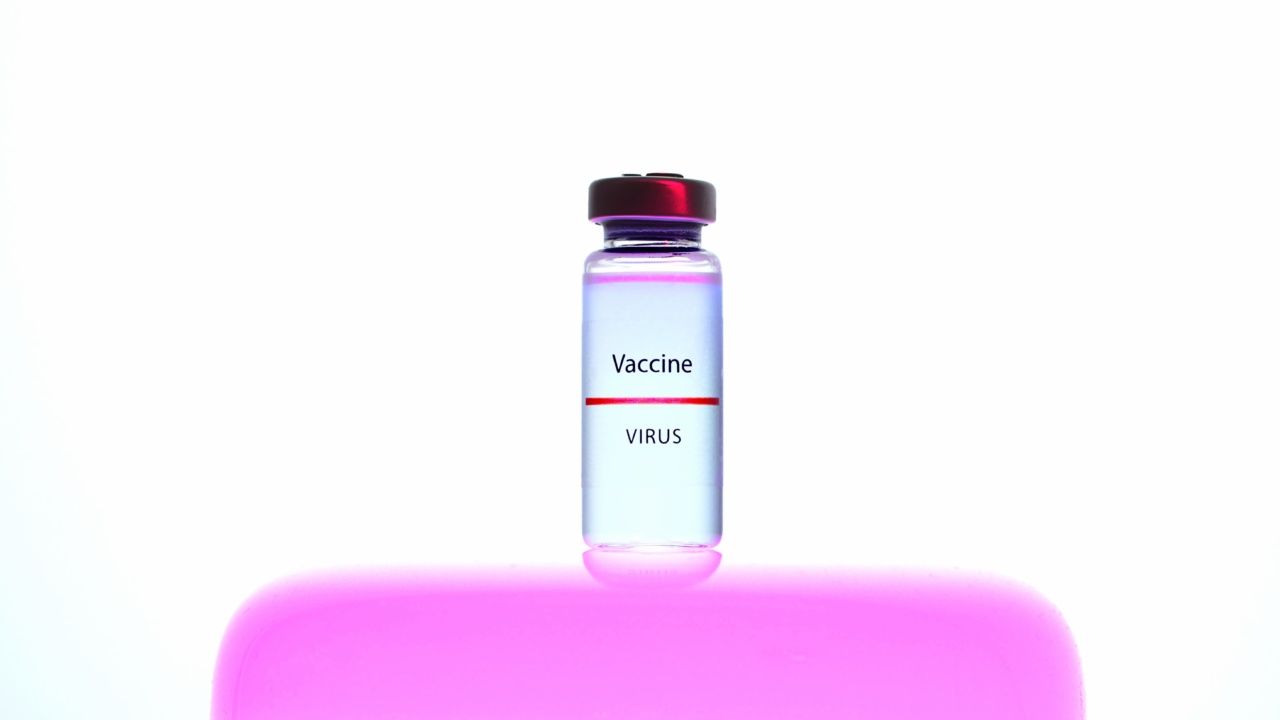Aspirin is a commonly used over-the-counter medication that has been around for over a century. It is primarily used to relieve pain and reduce inflammation in the body.
However, recent studies have shown that taking a low daily dose of aspirin can also have significant health benefits in disease prevention.
What is aspirin?
Aspirin, also known as acetylsalicylic acid, is a nonsteroidal anti-inflammatory drug (NSAID) that is commonly used to relieve pain, reduce inflammation, and lower fever.
It works by inhibiting the production of prostaglandins, which are chemical messengers in the body that cause pain, fever, and inflammation.
How does aspirin prevent disease?
Studies have shown that taking a low daily dose of aspirin can reduce the risk of several diseases, including:.
- Heart disease
- Stroke
- Colorectal cancer
- Prostate cancer
- Breast cancer
- Ovarian cancer
The mechanism by which aspirin prevents these diseases is not completely understood. However, it is believed that aspirin works by inhibiting the production of prostaglandins, which are involved in the development and progression of these diseases.
Aspirin may also have antiplatelet and antithrombotic effects, which can help to prevent blood clots that can lead to heart attack and stroke.
Who should take aspirin?
Aspirin is not recommended for everyone, and should only be taken under the guidance of a healthcare professional.
The United States Preventive Services Task Force recommends that low-dose aspirin therapy be considered for people who meet the following criteria:.
- Age 50-59 years old
- Have a 10-year risk of heart attack or stroke that is greater than 10%
- Do not have a higher risk of bleeding
It is important to note that aspirin therapy is not appropriate for everyone, and can have potentially serious side effects, including gastrointestinal bleeding and hemorrhagic stroke.
How much aspirin should you take?
The recommended daily dose of aspirin for disease prevention is 81 mg (also known as a “baby aspirin”).
This low dose has been shown to be effective in reducing the risk of heart attack, stroke, and cancer, while minimizing the risk of side effects.
Side effects of aspirin
While the low daily dose of aspirin used for disease prevention is generally safe for most people, it can still have side effects. The most common side effect is gastrointestinal upset, including stomach pain, nausea, and heartburn.
Aspirin can also cause bleeding and bruising, and can increase the risk of hemorrhagic stroke.
Conclusion
Aspirin is a commonly used over-the-counter medication that can have significant health benefits when taken in a low daily dose for disease prevention.
While aspirin is generally safe for most people, it should only be taken under the guidance of a healthcare professional, and the potential risks and benefits should be carefully considered for each individual.


























